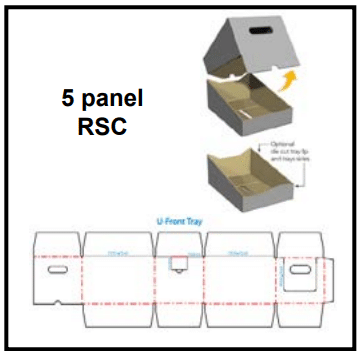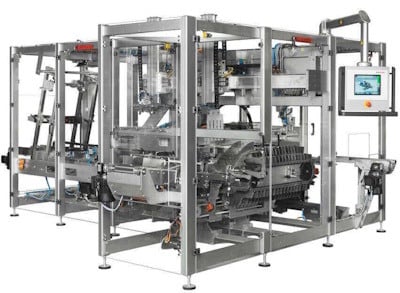Shelf Ready Packaging
What is Shelf Ready Packaging?
Shelf Ready Packaging, also known as SRP, is a revolutionary concept in the packaging industry. It combines the functionality of secondary packaging with the aesthetics of a retail display unit. Designed to protect products during shipment, SRP goes beyond traditional packaging by offering a convenient and visually appealing solution for restocking store shelves.
Originating as a subset of retail-ready packaging (RRP), SRP has gained popularity in recent years due to the growing demand from retailers like Walmart. These retailers are seeking packaging solutions that not only protect the products but also make them easy to identify, open, stock, shop, and dispose of. The transition to SRP has become a crucial aspect for manufacturers looking to stay competitive in the market.
The RRP trend of the previous decades was fueled by club stores requiring easy-to-stock displays like end caps, pallet wraps or skirts, multi-packs, and more. SRP is an extension of the RRP trend that aims for packaging which makes the contained products easy to identify, open, stock, shop, and dispose of. Some examples of SRP include shrink tray, perforated tray, tray and lid, and 5-panel RSC.
This type of packaging has been popular in Europe for many years but is only now beginning to make waves in the US market. This is in part because Walmart and other retailers are increasingly demanding SRP solutions, causing many suppliers to make the transition to SRP to satisfy those demands.

The Benefits of Shelf-Ready Packaging
One of the primary benefits of shelf-ready packaging is the reduction of labor costs from restocking shelves.
With SRP entire case lots are stocked in one motion instead of pegging or individually stacking primary packages.
Offering your products in shelf-ready trays and cases offers retailers considerable benefits like making items easy to identify in the warehouse, faster to locate and restock, and reducing disposal costs.
However, it isn’t only retailers who benefit from SRP. Manufacturers can also see a number of benefits from SRP. For instance, SRP reduces out-of-stocks. The sales lift through reducing out-of-stocks is frequently in the 3-5% range.
There are also aesthetic merchandising benefits for manufacturers, which can increase shelf appeal and boost sales. And, perhaps most importantly, as demands for shelf-ready packaging increase, it will become a competitive differentiator.

Making the Transition to Shelf Ready Packaging?
Manufacturers looking to make the transition to shelf ready packaging can expect some up-front work, but with the right planning and overall strategy, the transition can be made smoothly. In fact, we’ve created a free guide to help you successfully navigate SRP.
This guide will help you identify target product categories, evaluate suppliers, and offers strategies for managing the transition to SRP.

Shelf Ready Packaging Machines



